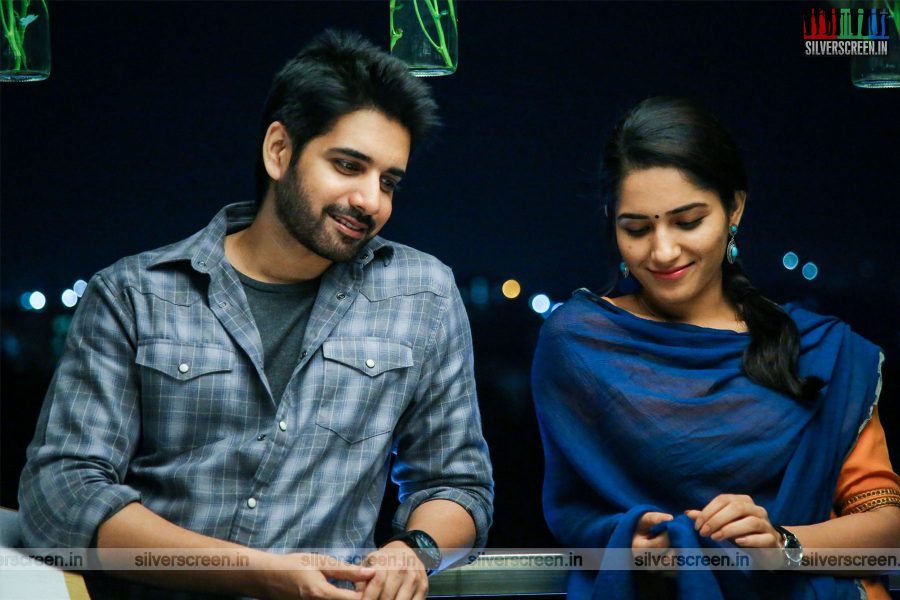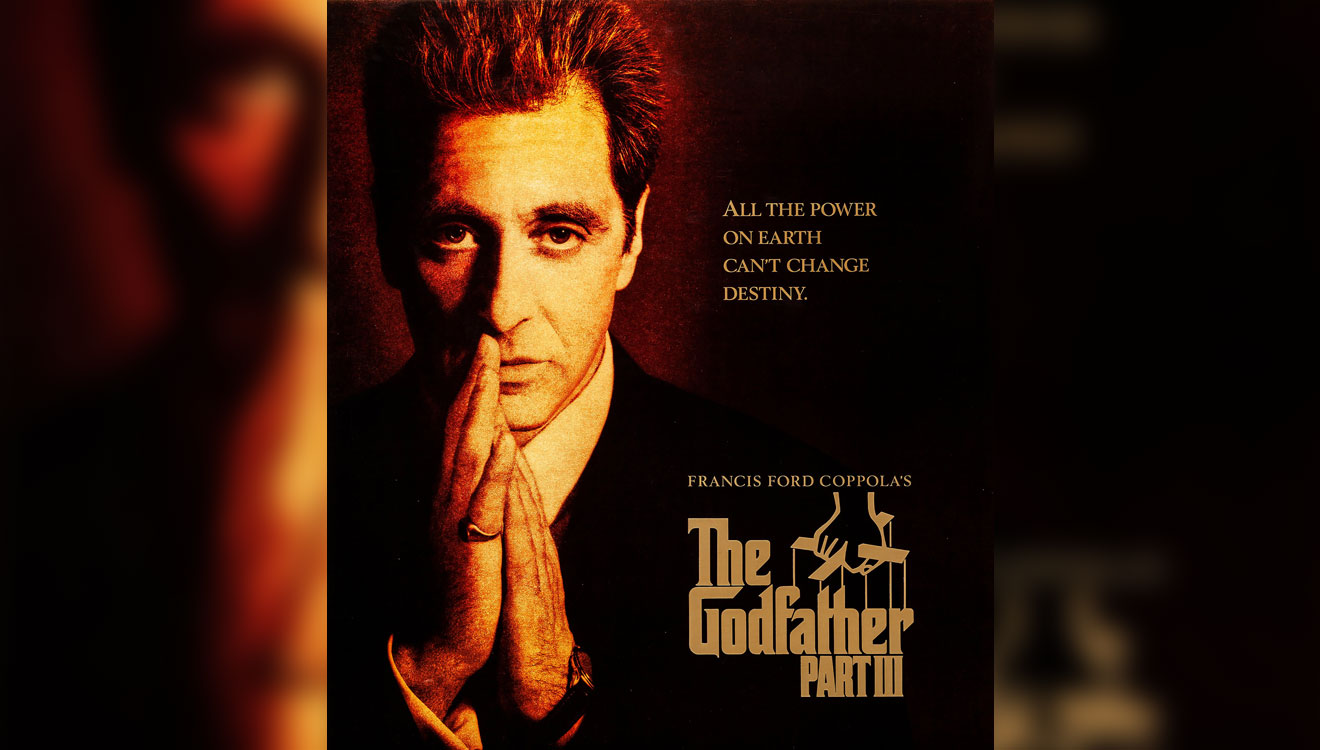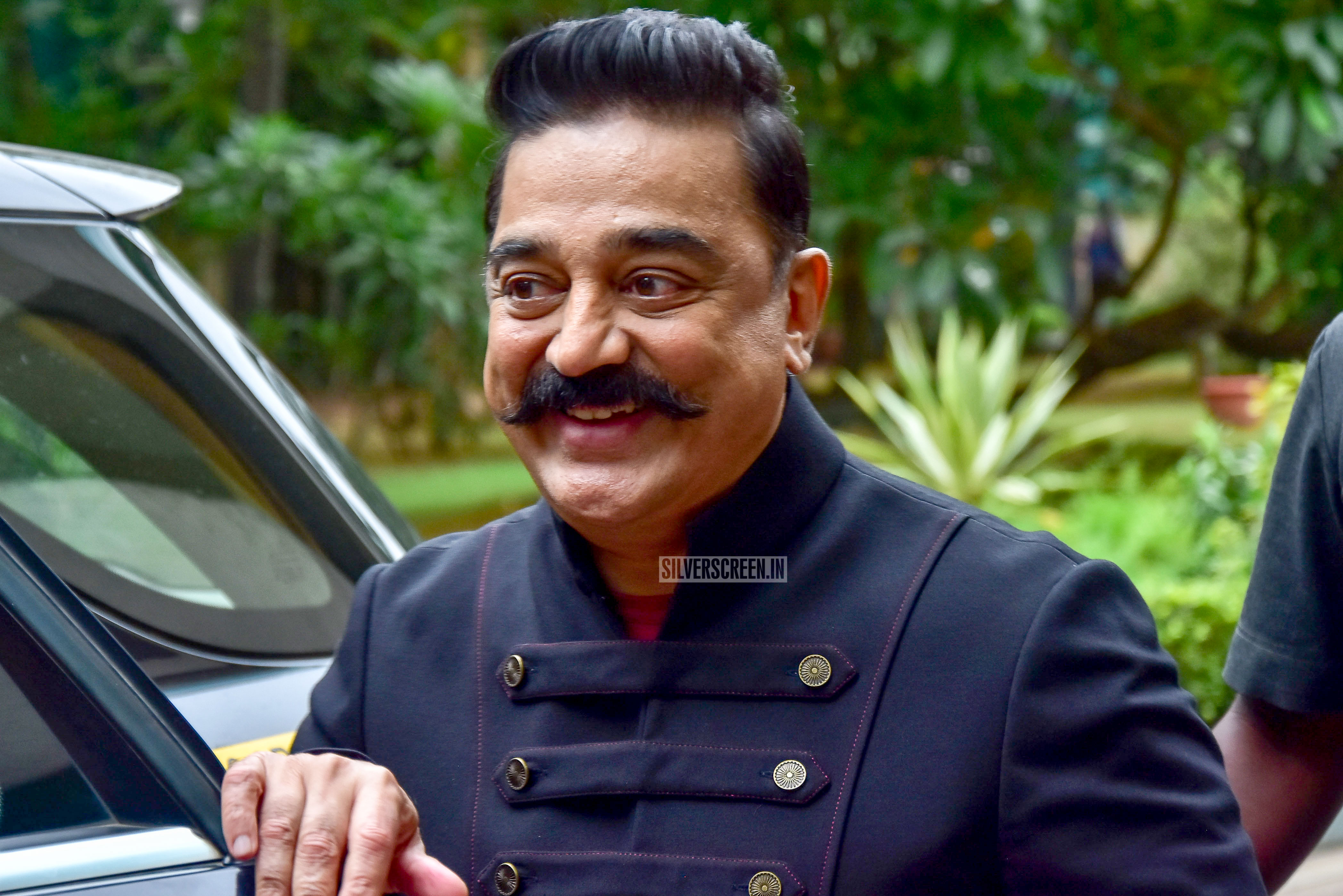There is a scene in Chi La Sow when the heroine, Anjali, rests her head on her grandmother’s lap and asks her how she coped when her husband passed on. For the second time in the evening or probably her entire life, Anjali lets her guard down. For a brief moment, she forgets that she is the eldest daughter, who, as a child, didn’t have the time to mourn her father’s death because she has to care for a sister, grandmother and a mother with bipolar disorder. Now, she’s just a girl who’s met a boy she’s not able to figure out, overwhelmed and exhausted by the happenings of the evening. Her grandmother’s answer leaves her determined to never be emotionally dependant on anyone.
In contrast is Arjun, whose parents are demonstratively affectionate and whose mother instinctively knows when to pack breakfast for a son who’s running late. He’s always been cared for, be it by his family or friend Sujith (Vennela Kishore). For the first time in his life, he finds himself caring. He’s dignity personified, but also initially self-serving. When he finally learns to care, it’s because his five-year plan, featuring a sports car, among other things, has been replaced by a girl he was initially reluctant to meet. More than him, his feet do the talking. They pause, ponder, and almost turn back, before charging ahead into the hospital where Anjali’s mother is admitted.
Debut director Rahul Ravindran, whose film has been receiving rave reviews, is overwhelmed by how people have read the film. It’s almost like the Telugu audience wants to hold on to two characters unlike anything they’ve seen so far. They both have backstories. He’s a man-child, she’s almost middle-aged in her mindset, and they have to step back and walk – he forward and she backward, to meet in the middle, in their real ages. That’s the real conflict in the film – this meeting of almost-similar-aged people with dissimilar mental ages. He has to learn to take things seriously, she needs to learn to live her age. The conflict eventually resolves itself, because it does not involve anyone other than the two leads. Ultimately, it’s about accepting another way of living life.
Rahul (Sushanth) and Anjali (Ruhani Sharma) linger on in the mind long after the end credits. That is what has been most gratifying to Rahul. “I’m not just grateful to everyone’s who has bought a ticket, but to those who are taking the effort to talk about the characters, blog about them, watch the film again, take their parents for the movie… more than the compliments, what has moved me is the respect they’ve shown the film,” the director told Silverscreen.
It took him time to create two diametrically opposite characters, but also characters who are intrinsically people-oriented. He needs his friend and family; she depends on hers, even though it might outwardly appear they depend on her. She’s the girl who bypassed childhood; she takes tuition classes to keep the family going and fiercely holds on to her mother when she attempts suicide. There’s relief when she saves her mother, not relaxation. She’s on the lookout for someone who will accept her mother with the devastating mood swings. He’s the man who calms her mother, in a way no one else can. “Yes. Anjali was the more difficult character to write, because she’s complex, and the character arcs needed to be tied up. But, Arjun was as important, because a film works only if both leads work. He’s 27, but stuck in late teenage, with his superheroes and sporting stars. A girl enters his life, and he allows her to transform him in 12-13 hours. He also needs to be the man who tells Anjali that she can relax, not with words but through action, and that it is all right for her to act her age.”
What Rahul does early on in the film is establish Arjun and his world. Anjali is a stranger, to him and the audience. Her life unravels slowly. An action of hers makes sense four scenes later, once you understand the backstory. Rahul also creates characters that tap into the innate goodness of people – families that reject Anjali as a prospective daughter-in-law take the time to explain their choice, even apologise. They are human, and she understands that with grace.
A scene that has won praise is when Arjun speaks to Anjali’s mother in hospital and tells her that she is her daughter’s strength, not weakness. “I would like to think every girl will like that, to bring home a boy who has that effect on her mother. That’s probably a leaf from my life; my mother loves Chinnu (his wife entrepreneur-singer-voiceover artiste Chinmayi) so much, it gives me great joy.”
Consent is something that is a subtle undercurrent in the film. A half-hug that turns into a handshake; a kiss on the forehead and a hug after Anjali almost asks for it; carrying Anjali after she injures her feet, after asking her…was Arjun’s character written consciously? “I wrote those scenes after careful thought. Arjun never forcefully stays in her life, every time he walks back, there’s consent. He waits for her approval, every single time,” he said.
Recommended
The choreography of their interactions towards the climax are proof of how determined the director is to depict consent on-screen – a responsibility that filmmakers don’t often take seriously. Arjun is overwhelmed and wants to kiss Anjali, but leans and waits till she steps forward. He waits till she closes her eyes, an indication of consent. “I was particular that consent shines through in the scene. I was surprised when people recognised other signs of consent in the film that were not consciously written. Probably, they were an extension of my own beliefs,” Rahul said.
Even when Anjali keeps telling Arjun to go away, she never uses the word ‘bye’. And that draws him back, again and again. He’s the carefree boy who keeps listening to her words till he realises that he should focus on her eyes. “Those scenes were subtly written, but I’m happy people are getting it, and emotionally connecting with it.”
The film has also seen mothers leave the movie smiling. Arjun’s life pans out the way his mother (a wonderful Anu Hasan in a character modelled on Rahul’s mother) tells him it will. After all, a director has just told the world whey always knew – ‘Moms know best’!



